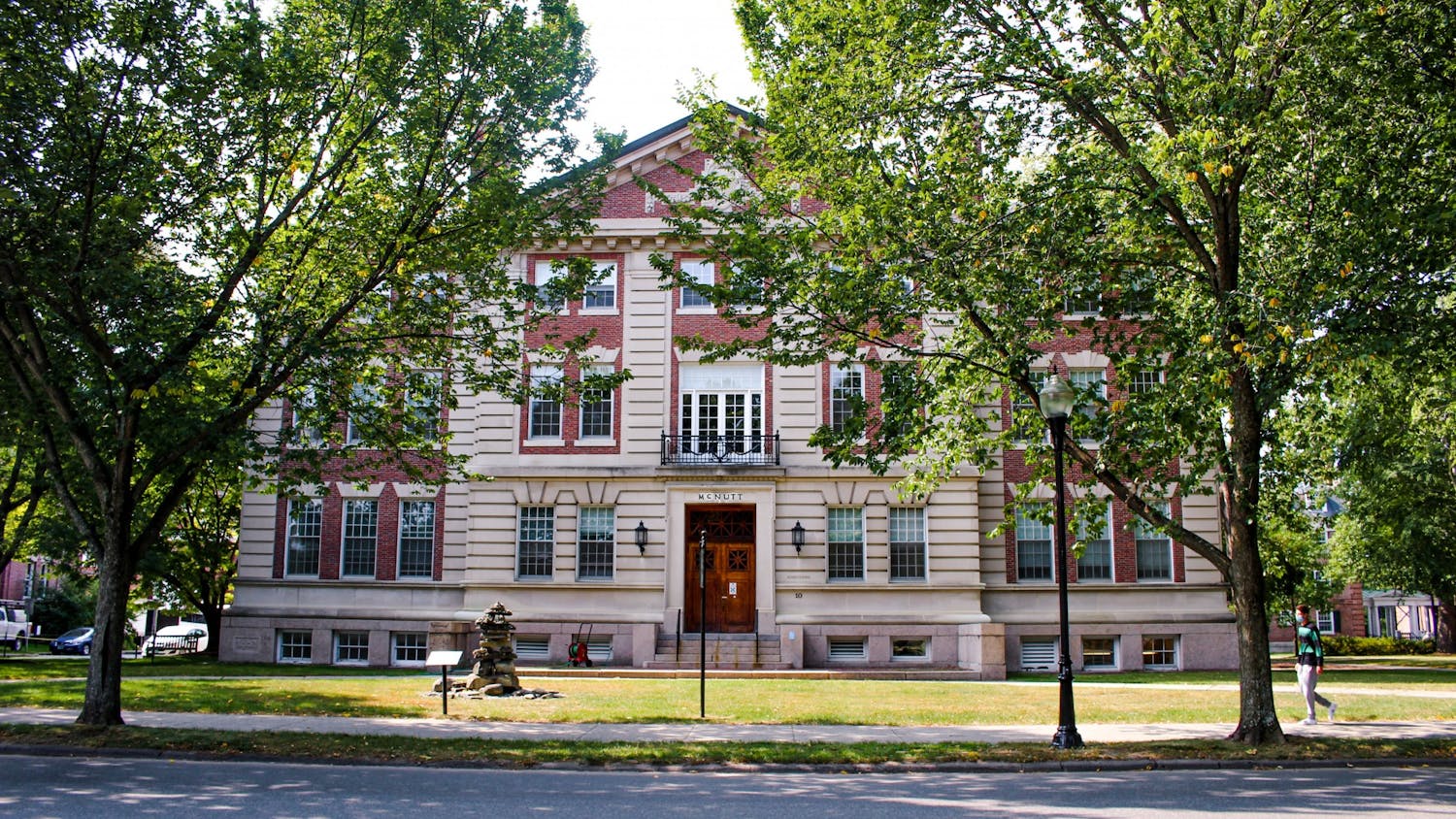Forcible sexual offenses have been rising since 2002, when three incidents of sexual assault were reported. In 2003 and 2004, eight incidents were reported. Though Safety and Security Director Harry Kinne characterized the current jump as a "large increase," he cautioned students on reading too much into fluctuating statistics.
"There are so many variables involved," Kinne said of all the crime statistics reported.
Sexual Abuse Awareness Program Director Leah Prescott said the current data is "normal given the context."
"If you compare our numbers to other schools which have a similar geographic population and the number of graduate students on campus, you may see the same number," she said.
Prescott cautioned that the actual incidents of sexual assault are likely to be much higher than the reported number.
"My instincts tell me that there weren't only 14 incidents that took place last year on this campus," she said. "Sexual assault is the most under-reported crime in the nation."
Prescott attributes the rise in the sexual assault figure over the past four years to an increase in reporting instead of an increase in actual assault.
She said she aims to make students feel comfortable enough to report sexual assaults by getting to know them at various events on campus. Prescott especially attends events associated with groups she believes to be marginalized, she said.
"[I do not see myself] even necessarily as a friend, but an ally more than an invader," Prescott said.
Prescott engages in what she refers to as passive programming, which uses poster campaigns and conversations with students. She also performed at a diversity seminar for freshmen during orientation to encourage students to speak out about sexual violence.
"The spin that I create on awareness through the arts and through just general outreach to other communities [has increased sexual assault reporting]," Prescott said.
Aside from the notable increase in reported sexual violence, the Safety and Security report showed that drug law violations referred for disciplinary action dropped from 42 to 14 between 2004 and 2005. This drop is due to an administrative change, according to Kinne. In the past, drug law arrests were reported as both arrests as well as violations referred for disciplinary action. That has been changed to only report drug law arrests as arrests.
Kinne said that of the 36 burglaries, the majority were not related to faculty, staff or students.
Liquor Law arrests also declined from 123 in 2004 to 113. Dartmouth reported no incidents of murder, manslaughter or weapons possession violations last year. Only one instance of armed robbery has occurred within the past four years.
The Clery Act federally mandates that colleges disclose crime statistics and security policies. The full Dartmouth report is available on Safety and Security's website.




